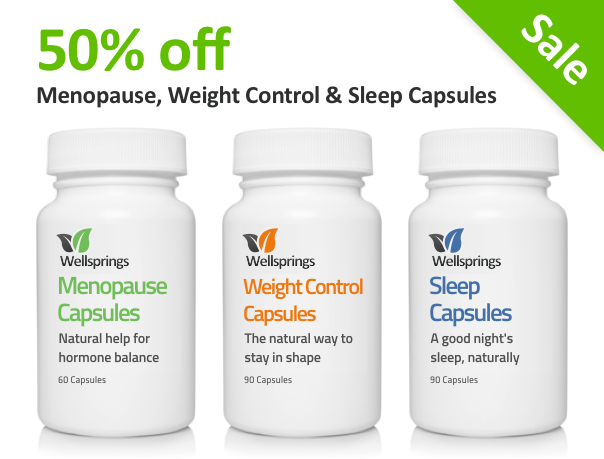Inadequate Diet Can Lead to Anaemia in Postmenopausal Women
If you are postmenopausal, for example after a hysterectomy, and trying to lose weight, then you need to proceed with caution as you may also be running the risk of anaemia.
A study published in the Journal of the American Dietetic Association sounded a warning bell for postmenopausal women whose diet may not be ideal. If you are short on good nutrition then that has been linked to a greater risk of anaemia.
I would have thought that an inadequate nutrition intake was a risk at any age, but the lead investigator, Cynthia A. Thomson, PhD, RD, Associate Professor Nutritional Sciences at the University of Arizona, believes that menopausal and older women are particularly at risk. She also highlights the fact that taking multivitamin/mineral supplements to counteract this poor diet does not affect the rates of anaemia in this age group – helpful though they may be for general health and wellbeing.
Symptoms of iron deficiency
The problem here is iron deficiency, which many women do suffer from – particularly during their reproductive years – and the symptoms are often just ‘lived with’. They include:
• Fatigue
• Weakness
• Fainting
• Breathlessness
• Heart palpitations (rapid or irregular beating)
• Dizziness
• Headache
• Ringing in the ears (tinnitus)
• Difficulty sleeping
• Difficulty concentrating
How would you know you were iron deficient?
There are some fairly common signs that you can look out for such as:
• Pale complexion
• The normally red lining of the mouth and eyelids fades in colour
• Rapid heartbeat (tachycardia)
• Abnormal menstruation (either absence of periods or increased bleeding)
Interestingly there have been few studies of anaemia and diet relating to women in the past 20 years, despite it being widespread and having a wide range of effects on health.
Using data from 72,833 women in the Observational Cohort of the Women’s Health Initiative the researchers found that deficiencies in more than a single nutrient were associated with a 21% greater risk of persistent anaemia while three deficiencies resulted in a 44% increase in risk. Women with anaemia also reported lower intakes of energy, protein, folate, vitamin B12, iron, vitamin C and red meat. In fact, inadequate intake of dietary iron, vitamin B12 and folate were each associated with approximately 10% to 20% elevated risk.
A diet to avoid anaemia should include:
Postmenopausal women need to ensure an adequate intake of anaemia-associated nutrients including iron, vitamin B12 and folate. An anti-anaemia diet usually consists of an iron-rich diet along with iron supplements. Absorption of iron from food is influenced by multiple factors. One important factor being the form of the iron. Heme Iron, found in animal sources, is highly available for absorption. Non-heme iron on the other hand, found in vegetable sources, is less available. If taking iron supplements then generally liquid form is more easily absorbed by the body.
Good sources of heme iron that the body can easily absorb include: Oysters/Mussels/Shrimp/Sardines/Liver/Beef/Turkey
Good sources of non-heme iron include: Enriched breakfast cereals/cooked beans and lentils/pumpkin seeds/molasses/canned beans/baked potato with skin.
These foods enhance the absorption of iron:
Meat/fish/poultry/oranges/cantaloupe/strawberries/grapefruit/broccoli/brussels sprouts/tomatoes /potatoes/green and red peppers/white wine
These foods inhibit the absorption of iron:
Red wine/coffee/tea/spinach/chard/rhubarb/sweet potato/whole grains and bran/soy products.

















